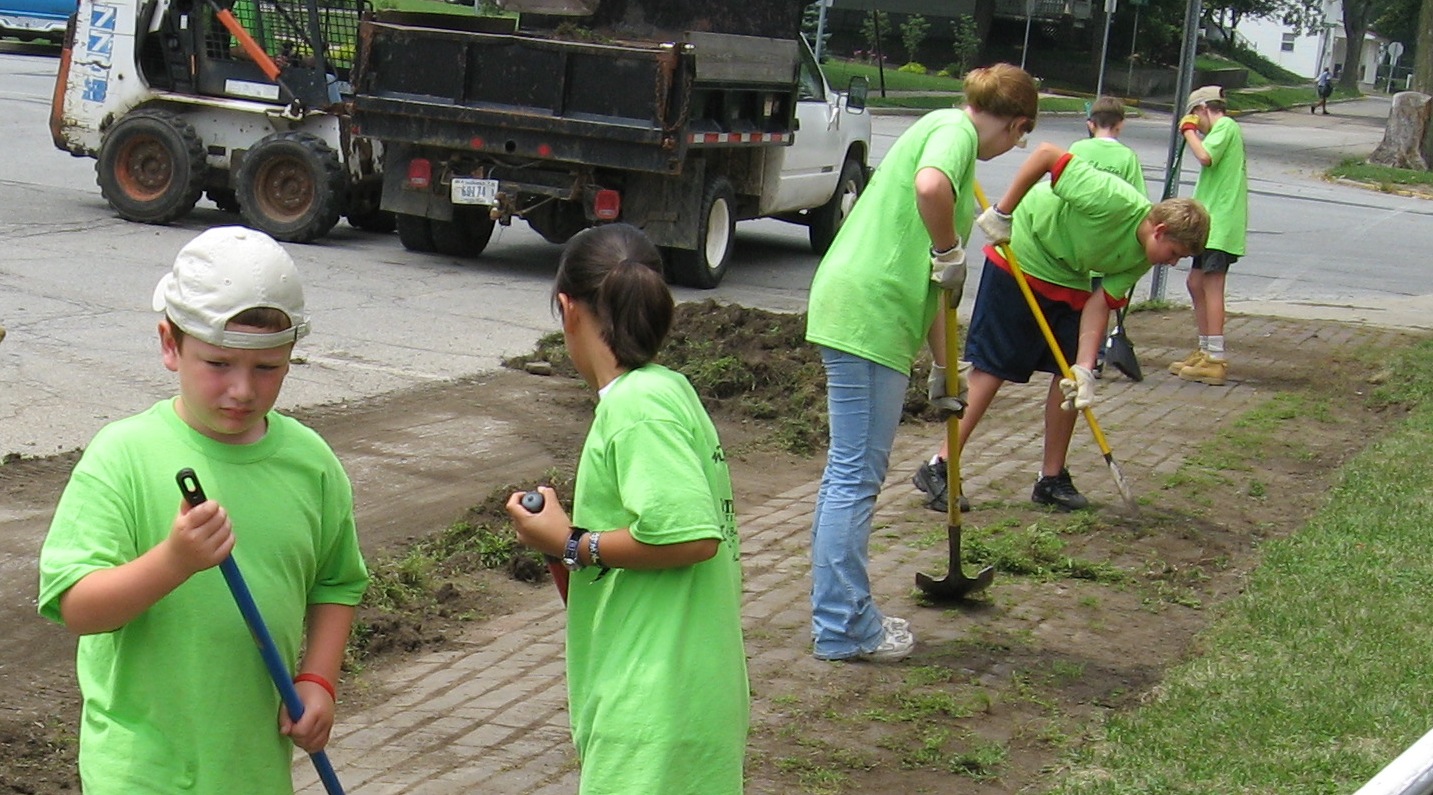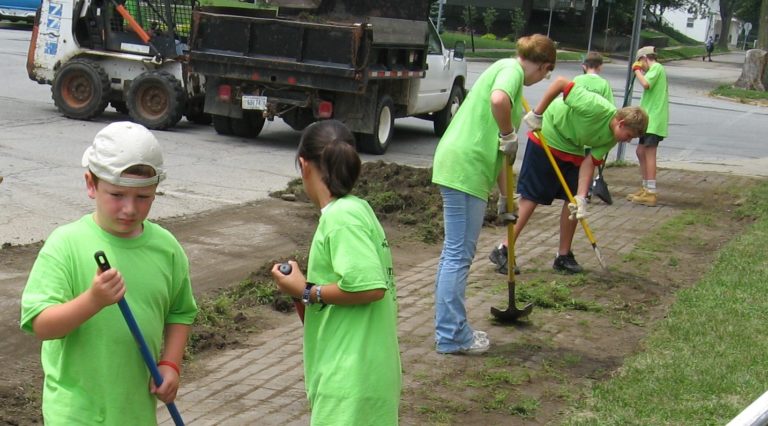FRANKLIN—Megan Spivey blames the increase in Western Tidewater children living in poverty on the 2010 closing of International Paper’s Franklin mill, when 1,100 people lost jobs.
A report released this week by The Jesus Loves all the Little Children (even the poor ones) Organization, indicates that 96.5 percent of Southampton County’s youth and 92 percent of Isle of Wight County’s kids lived in poverty. 91 percent of Franklin’s children lived in poverty in 2010, meaning a family of four made less than $22,300. In these tight economic times, a child pulling in a mere $550 a year or 1/4 of the family income just isn’t cutting it. The Little Timmies of the community will need to put down the Xbox controller and grab a shovel, dammit!

“IP’s closure had an impact on this rate for our area,” said Spivey, director of poor kid services for Southampton County. “As you know, not only were the employees of IP affected, but also the cousins, and ex-lovers, and stepchildren of those businesses who dealt with IP were as well. Our agency has assisted children who have never needed our help before, so we were not prepared to kick out the adults we had been helping for years when the IP crisis ensued.”
All three municipalities saw their child poverty rates increase since 2009, by about 3 kids in each area. “Naturally, you don’t want to hear that you have a 96.5 percent child poverty rate; however, in comparison to the increase in the country, the state, and even the other Western Tidewater localities, Southampton County has not fared too badly from 2009 to 2010. Everything is a contest, and clearly the county is winning.”
She noted that only three of 120 localities experienced a decrease in the rate, most likely because some of the poverty stricken kids finally rose up and did something about their plight. Armed with just a second grade education, Dwayne Thompson, 12, organized a work camp for poor kids to earn quarters and juice boxes in exchange for hard labor.
Adam Howard, director of poor kid services in Franklin, doesn’t see the city’s poverty rate improving without new jobs. “Until the unemployment issues among children in Western Tidewater and the southern part of the state are improved and our economy gets better, there’s not a whole lot of improvement expected,” Howard said. “Playtime’s over. It’s time for these kids to stop coloring pictures and get out there and lay some bricks.”
He noted that although 91 percent is high, the population of children living in Franklin has decreased. “Typically children who live below the poverty line don’t have the option to move. They are stuck where they are. But these kids were sold out of Franklin by their greedy peers. A form of bullying, if you will, as a result of the IP closure.”
Editor’s note: Adam actually has a college degree from a real University and makes observations that anyone with half a brain could make. In the time it took to write this article, Adam earned 2 times the annual GDP for the Franklin area. Asshole.
“The slight increase in poor kids over the last year is an indication that we need to continue to support regional collaborations that promote dwelling on the mill closure. We must continue to create a poor-friendly environment as well as opportunities for the top poor children to succeed at living in the past and having sex with each other to cope,” said Isle of Wight poor kid spokesperson Dave Remington.
With IP’s 2012 return to the area, and new jobs created, experts expect poverty levels to return to their 2006 levels of 83%. “We should only be so lucky,” Howard said. Furthermore, IP’s new program, “No more Playstation, Man that Weigh Station!” is receiving positive reviews. IP CEO, Hugh Doosh explained the program at IP’s annual Overseas March, which always ceremoniously closes an American Mill at random and dumps it to a foreign country. “The program,” Doosh explained, “will take children out of their classroom, out of their living rooms playing Grand Theft Madden, and into the workforce. Any child under the age of 12 is eligible to come work for IP for a fair wage of $3.25 an hour, with tasks that include working with paper pulp, digging trenches, cleaning byproduct reservoirs, and other fine trades. Strict no-napping rules will be enforced.”

